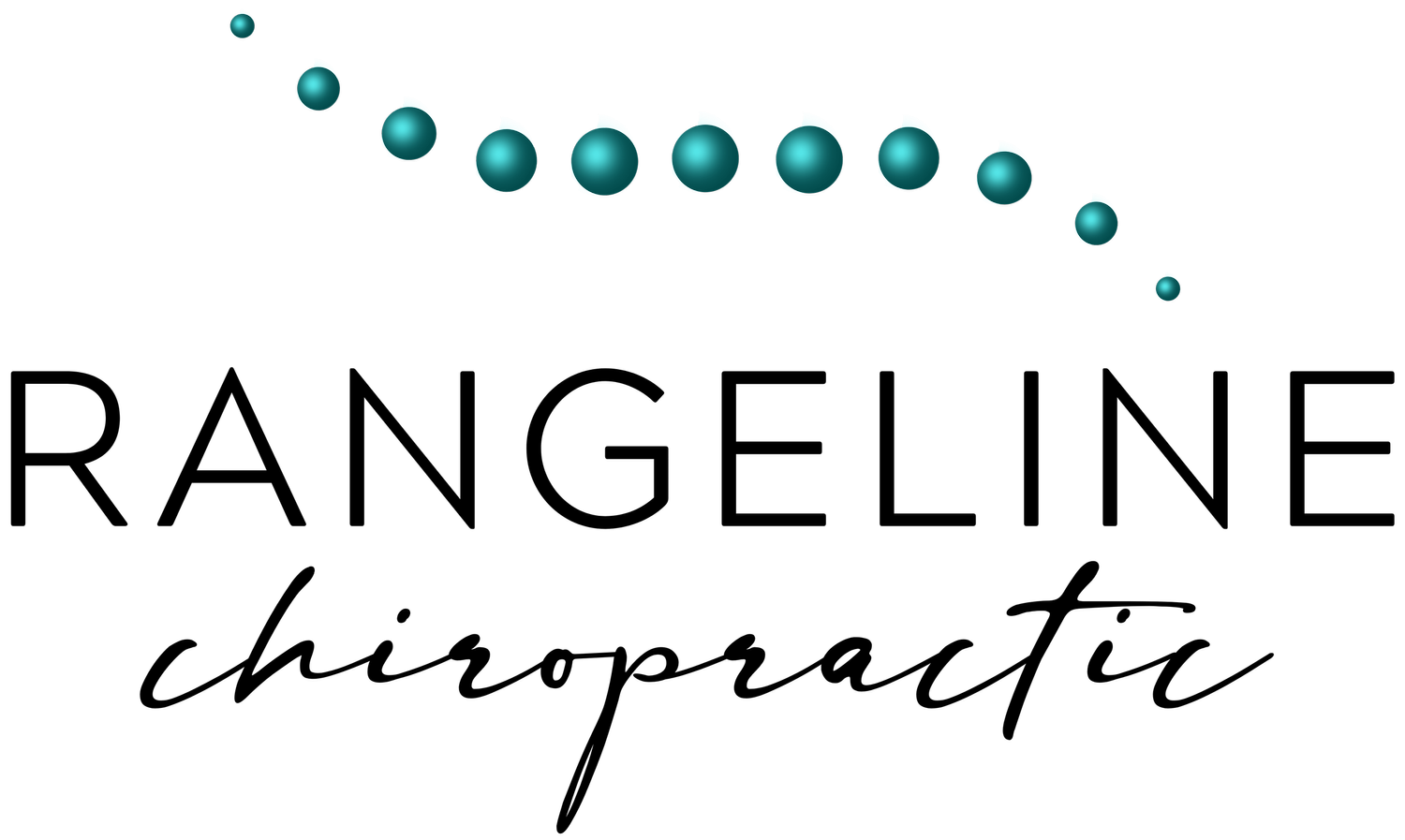Rest and Self-Care Trends: Exploring the Rise of “Bed-Rotting” and Holistic Well-Being
In today’s fast-paced world, the importance of rest and self-care is gaining widespread recognition. Concepts like "bed-rotting" — a practice of deliberately spending extended periods in bed to decompress — reflect a growing cultural shift toward prioritizing mental and physical health.
While traditional self-care often focused on surface-level indulgences, modern approaches emphasize holistic strategies to restore balance and promote long-term well-being. Let’s explore the evolution of self-care trends, the benefits of rest, and how practices like chiropractic care can enhance your self-care routine.
The Evolution of Self-Care: From Luxury to Necessity
Self-care has transformed from a luxury activity to a vital aspect of maintaining health and resilience. Key shifts in self-care culture include:
Awareness of Mental Health: Increased discussions around anxiety, burnout, and depression have highlighted the importance of mental well-being.
Integration of Wellness Practices: Mindfulness, yoga, and meditation are now seen as foundational aspects of self-care.
Focus on Preventative Health: People are proactively addressing stress and lifestyle factors to avoid chronic health issues.
Holistic Approaches: Beyond pampering, self-care now encompasses physical, emotional, and spiritual health.
The “Bed-Rotting” Trend: Why Rest Matters
The concept of "bed-rotting," or taking time to rest in bed without guilt, has gained traction, especially among younger generations. While the term may sound unconventional, it reflects a deeper understanding of the need for rest.
Benefits of intentional rest include:
Stress Reduction: Taking time to unwind allows the nervous system to reset.
Improved Cognitive Function: Rest supports mental clarity, focus, and decision-making.
Enhanced Emotional Resilience: Quiet time can help process emotions and reduce feelings of overwhelm.
Physical Recovery: Rest is essential for muscle repair, immune function, and overall health.
Balancing Rest and Activity
While rest is vital, balancing it with activity ensures overall well-being. Striking the right balance involves:
Listening to Your Body: Recognize when you need rest versus when movement would be beneficial.
Incorporating Active Rest: Activities like gentle stretching, walking, or meditation provide relaxation without complete inactivity.
Establishing Routines: Create a self-care schedule that includes both downtime and physical activity.
Avoiding Excessive Sedentary Behavior: Extended periods of inactivity can lead to stiffness and other health concerns.
The Role of Chiropractic Care in Rest and Self-Care
Chiropractic care aligns perfectly with modern self-care trends, offering a holistic approach to enhancing rest and recovery. Here’s how it supports your self-care goals:
Promoting Relaxation: Chiropractic adjustments reduce tension in the spine and surrounding muscles, fostering a state of relaxation.
Enhancing Sleep Quality: Addressing misalignments can alleviate discomfort, making it easier to achieve deep, restorative sleep.
Supporting Stress Management: Regular adjustments optimize nervous system function, helping your body respond more effectively to stress.
Improving Mobility: Chiropractic care relieves stiffness and improves flexibility, making gentle activity and active rest more enjoyable.
Boosting Energy Levels: By enhancing circulation and reducing physical tension, chiropractic adjustments leave you feeling revitalized.
Complementary Self-Care Practices
To maximize the benefits of rest and chiropractic care, consider integrating these self-care practices:
Mindfulness Techniques: Meditation, journaling, or deep breathing can enhance mental clarity and emotional balance.
Digital Detox: Reduce screen time to minimize overstimulation and improve sleep.
Nourishing Nutrition: Focus on whole, nutrient-dense foods to fuel recovery and well-being.
Hydration: Staying hydrated supports physical recovery and cognitive function.
Social Connection: Building relationships and engaging in meaningful conversations nurtures emotional health.
Redefining Self-Care: A Holistic Perspective
The rise of trends like "bed-rotting" signals a broader cultural acceptance of rest and introspection. However, true self-care goes beyond temporary relief—it’s about creating a sustainable lifestyle that prioritizes balance and holistic health. Practices like chiropractic care, mindfulness, and proper nutrition work synergistically to support long-term well-being.
Why Chiropractic Care Should Be Part of Your Self-Care Routine
Chiropractic care provides a foundation for overall health by addressing nervous system function and physical alignment. Regular adjustments help your body recover from stress, improve sleep, and maintain optimal mobility. These benefits make chiropractic care a natural fit for any self-care plan.
Embracing Rest as a Vital Component of Wellness
Rest is not a luxury—it’s a cornerstone of health and well-being. By embracing trends like "bed-rotting" and integrating holistic practices like chiropractic care, you can create a self-care routine that truly supports your body and mind.
Take a proactive approach to your well-being by scheduling a chiropractic appointment today. Discover how this natural, non-invasive practice can enhance your self-care journey and help you achieve greater balance, relaxation, and vitality.
